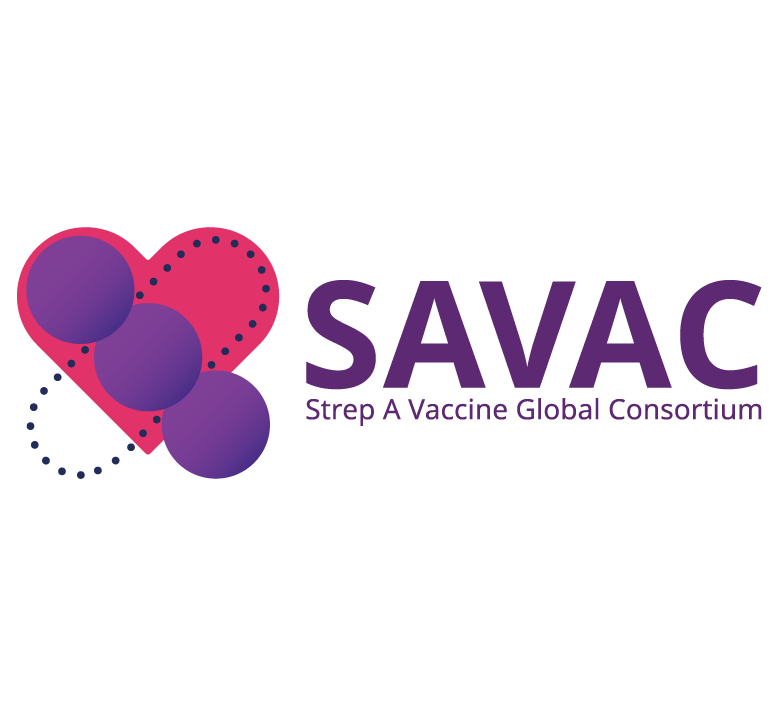Search
Showing results for "early life"

Find out about the research outputs for the Development Pathways Project, and see the published research outcomes.
Research
Koolungar (Children) Moorditj (Strong) Healthy SkinThe Koolungar (children) Moorditj (strong) Healthy Skin project is the first ever co-designed research-service Australian study to describe skin health in urban-living Aboriginal koolungar.

The Youth Mental Health team's mission to improve the mental health of young people in Western Australia and beyond.
Kaal is a proud Noongar boy, he loves playing football, but this season Kaal is about to tackle a new and unexpected challenge… eczema.
Review the hospital-based research that the Wesfamers Centre of Vaccines & Infectious Diseases conducts.

Research
Strep A Vaccine Global Consortium (SAVAC) 2.0The mission of SAVAC, the Strep A Vaccine Global Consortium, to ensure that safe, effective and affordable Strep A vaccines are available and implemented to decrease the burden of Strep A disease in the most in need.
Research
Strep A (Group A Streptococcus)Streptococcus A is a bacterium often found in the throat and on the skin.
Research
ImmunisationImmunisation is the most effective way of protecting your child against a range of serious illnesses, including measles, hepatitis B and whooping cough. All vaccines used in Australia undergo stringent testing and ongoing monitoring.
Research
Developing and characterising juvenile models of aggressive paediatric brain cancers for the evaluation of novel immunotherapies.While profound treatment responses have been realised using immunotherapy for some cancer types, this is yet to be seen for paediatric brain cancer patients.
Research
Kids are not small adults, Identifying age-dependent drug targets in paediatric oncologyCancers in children are very different to cancers in adults. However, most therapeutic strategies are designed explicitly for adult cancers, and then used in children if proven safe.
